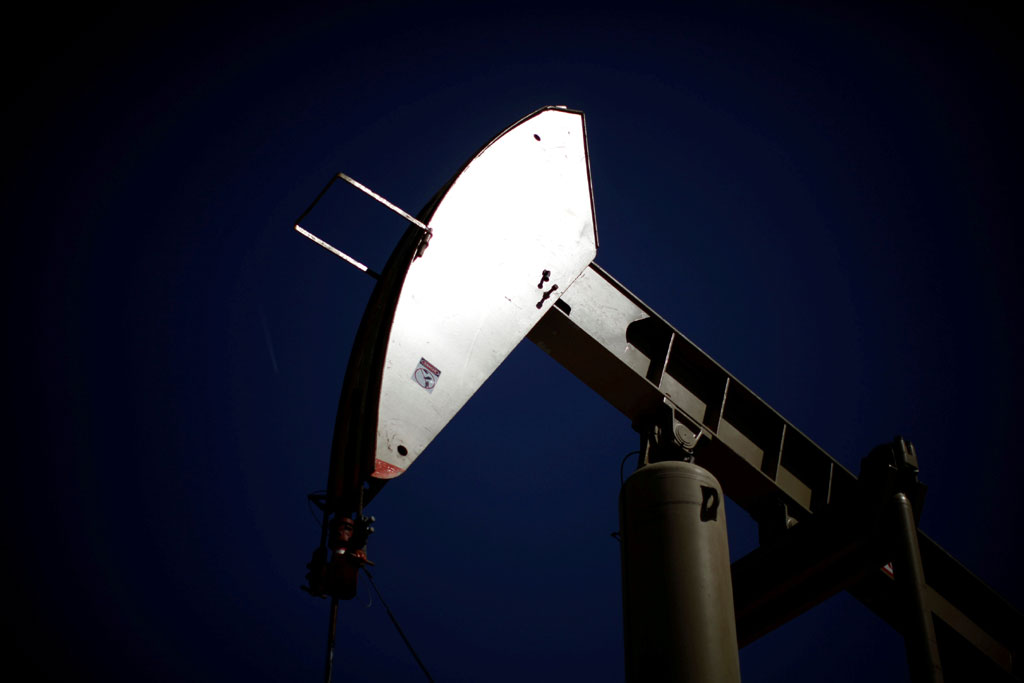 NEW YORK: Crude oil prices rose on Wednesday after the International Energy Agency (IEA) said a global surplus of crude was starting to shrink, even though US data showed another big increase in domestic inventories due to Hurricane Harvey.
NEW YORK: Crude oil prices rose on Wednesday after the International Energy Agency (IEA) said a global surplus of crude was starting to shrink, even though US data showed another big increase in domestic inventories due to Hurricane Harvey.
US gasoline prices fell despite a record drawdown in fuel inventories. Analysts expect supply to increase as refineries return online after Harvey shut nearly a quarter of US capacity. Demand is expected to slip due to the effects of Hurricane Irma on high-consuming states of Florida and Georgia.
US Energy Information Administration (EIA) data showed a build of 5.9 million barrels of crude last week, exceeding expectations.
Much of that was due to a near 10 million-barrel increase in stocks in the US Gulf region and as crude production rebounded from a brief Harvey interruption.
"It's going to take some time for the markets to figure out the full impacts of the hurricanes but certainly from an oil production standpoint there was very little, if any, disruption," said Joe McMonigle, energy policy analyst at Hedgeye Potomac Research in Washington.
The Paris-based IEA's monthly report noted that the US reliance on the Gulf Coast makes it vulnerable to events like Harvey. It said the United States should strengthen its energy security to address hurricanes, by steps such as adding oil products to government-held inventories.
US crude settled up $1.07, or 2.2 percent, to $49.30 per barrel and Brent crude was up 89 cents to $55.16 a barrel.
US crude futures added to gains late in the session, boosted by expectations that recovering refineries will process more crude.
US crude production rebounded last week to an average of 9.4 million barrels per day from 8.8 million bpd a week earlier, entirely the result of increases in the lower 48 states.
US gasoline stocks slumped 8.4 million barrels, the largest weekly decline since data began in 1990. Distillate stocks fell 3.2 million barrels. The IEA said in its monthly report that product stocks for Organization of Economic Cooperation and Development countries were likely to fall below its five-year average because of Harvey.
US gasoline futures dipped after the data, and were down 0.8 percent at $1.6429 a gallon.
"The market is reacting in anticipation of refineries restarting at the same time expecting a decline in demand due to the after effects of Hurricanes Harvey and Irma," said Andrew Lipow of Lipow Oil Associates in Houston.
Florida, which was hammered by Irma, is the No. 3 consumer of gasoline among US states, according to Energy Department figures; neighboring Georgia ranks seventh.
Overall, the IEA said robust global demand and an output drop from the Organization of the Petroleum Exporting Countries and other producers should help balance inventories.
Analysts at Drillinginfo.com said any sustained rally in oil prices would depend on demand strengthening along the lines of the IEA's projections, along with supply cuts.
"Without inventory normalization, there can be no sustained price recovery," they wrote.
OPEC and non-member producers are seeking to extend their output cut agreement. The US EIA on Tuesday revised its 2017 and 2018 oil output forecasts lower.




















Comments
Comments are closed.